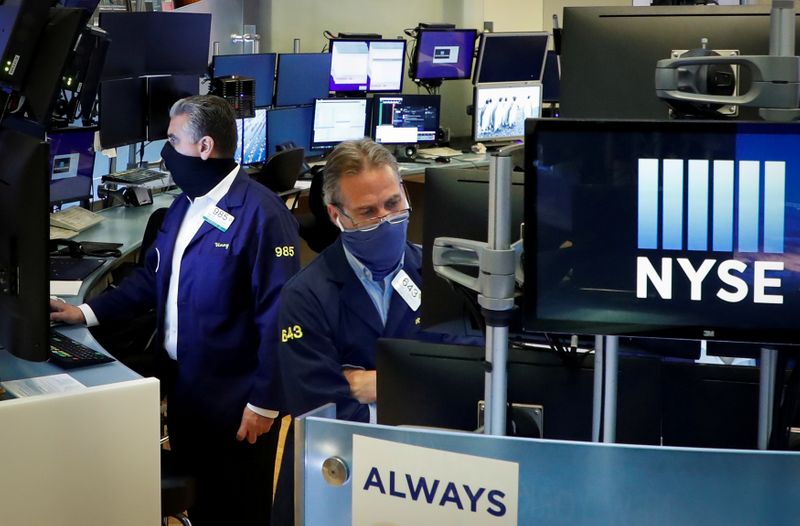By John McCrank
NEW YORK (Reuters) - The main processor for U.S. stock trades said on Wednesday it supports an effort to shorten the settlement cycle for securities to help reduce market risk, an area that has been under scrutiny in the wake of the GameStop Corp (NYSE:GME) trading frenzy.
The time it takes to settle a stock trade, or when then buyer must make the payment and the seller must deliver the security, is currently two days after the transaction happens.
Reducing that time to one day after the transaction would significantly cut costs for brokers, reduce market risk, and lower margin requirements, especially during times of high volatility, said the Depository Trust and Clearing Corporation (DTCC).
Settlement times were in the spotlight following the recent volatility around so-called meme stocks, when a flood of retail trading drove GameStop and other shares to extreme highs, squeezing hedge funds like Melvin Capital that had bet against them.
The social media-fueled rally was hampered when Robinhood Financial and some other retail brokerages placed trading restrictions on the frothiest of the stocks after a DTCC subsidiary raised collateral requirements to guarantee trades in those names.
If settlement occurred in real time, collateral would not have been an issue, Robinhood Chief Executive Officer Vlad Tenev argued during a Feb 18. Congressional hearing on the matter.
The DTCC said it had the capability to move to same-day settlement, but industry participants favored a move to settlement one day after transactions occur, which could be done with existing technology and would cut the volatility component of collateral requirements by 41%.

"We are looking to keep the impact on the industry at a minimum, but give the biggest bang for the buck in terms of margin reduction and capital efficiency," Murray Pozmanter, head of clearing agency services at the DTCC said in an interview.